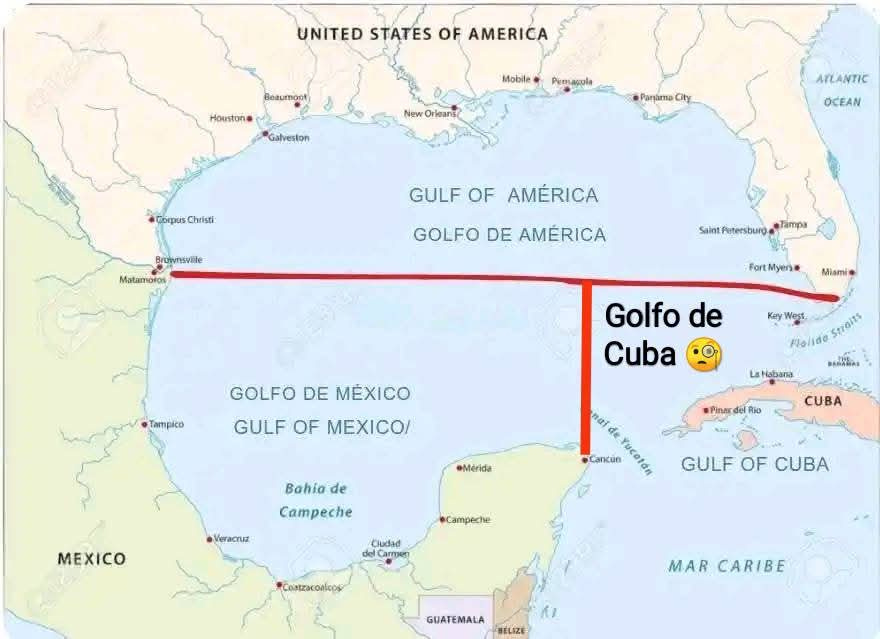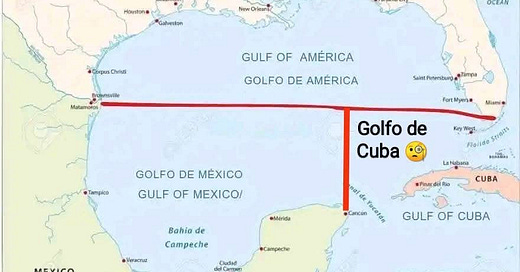Ethnocentric and practical geopolitics
Trump’s outside-the-box approach to Gaza, Ukraine, and foreign affairs

Ethnocentrism is the Achilles heel of the MAGA movement for American renewal. Wikipedia describes an Achilles heel as “a weakness despite overall strength, which can lead to downfall,” and I am using the expression in precisely this sense, as a weakness that could cause the downfall of MAGA, despite its strengths.
I have in recent commentaries discussed the positive response of the MAGA movement to the current national crisis. Its faith in America and its vision of American renewal. Its interpretation of the history of the American Republic as a continuous expansion of its democratic project. Its proposal to revitalize the American economy by unleashing national production of energy and by international trade that benefits national interests. Its decisive steps toward enforcing immigration law. Its opposition to the bureaucratic administra…


